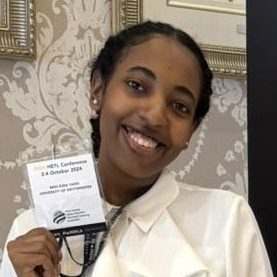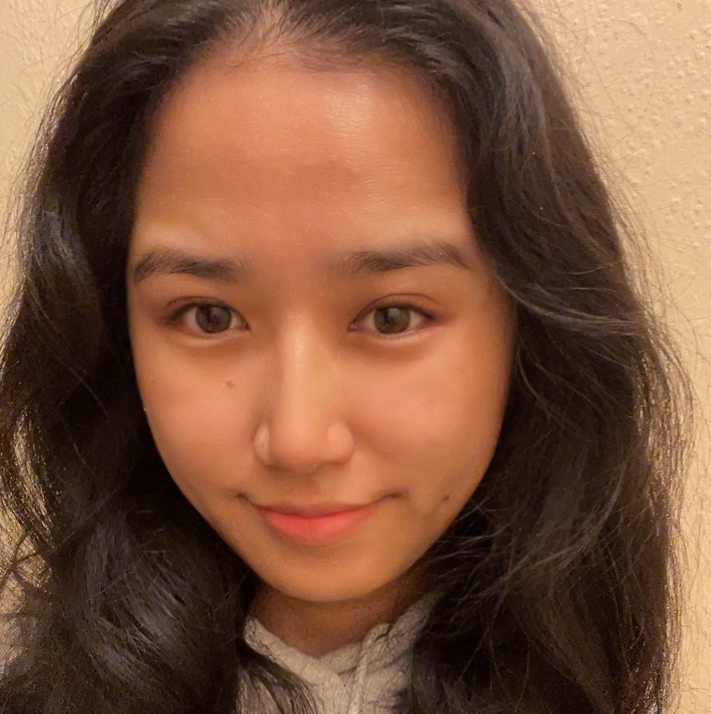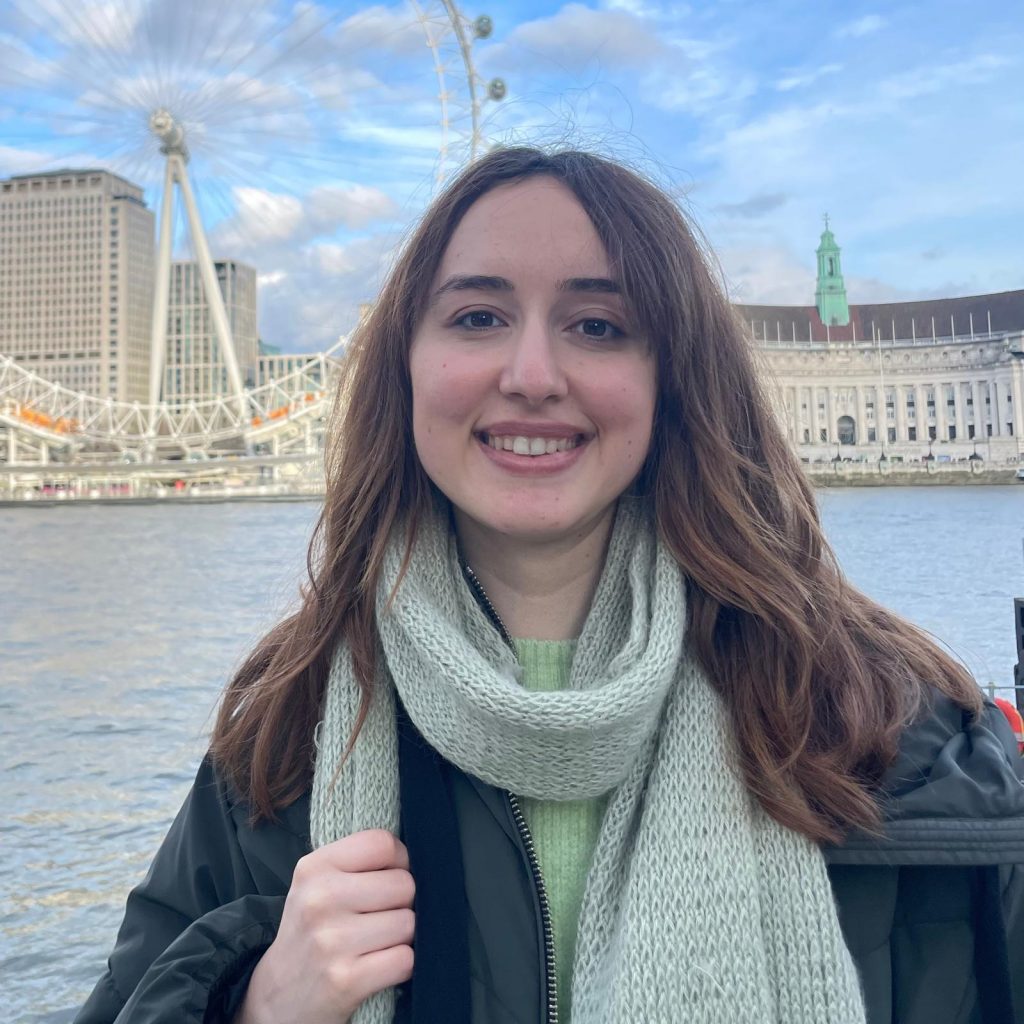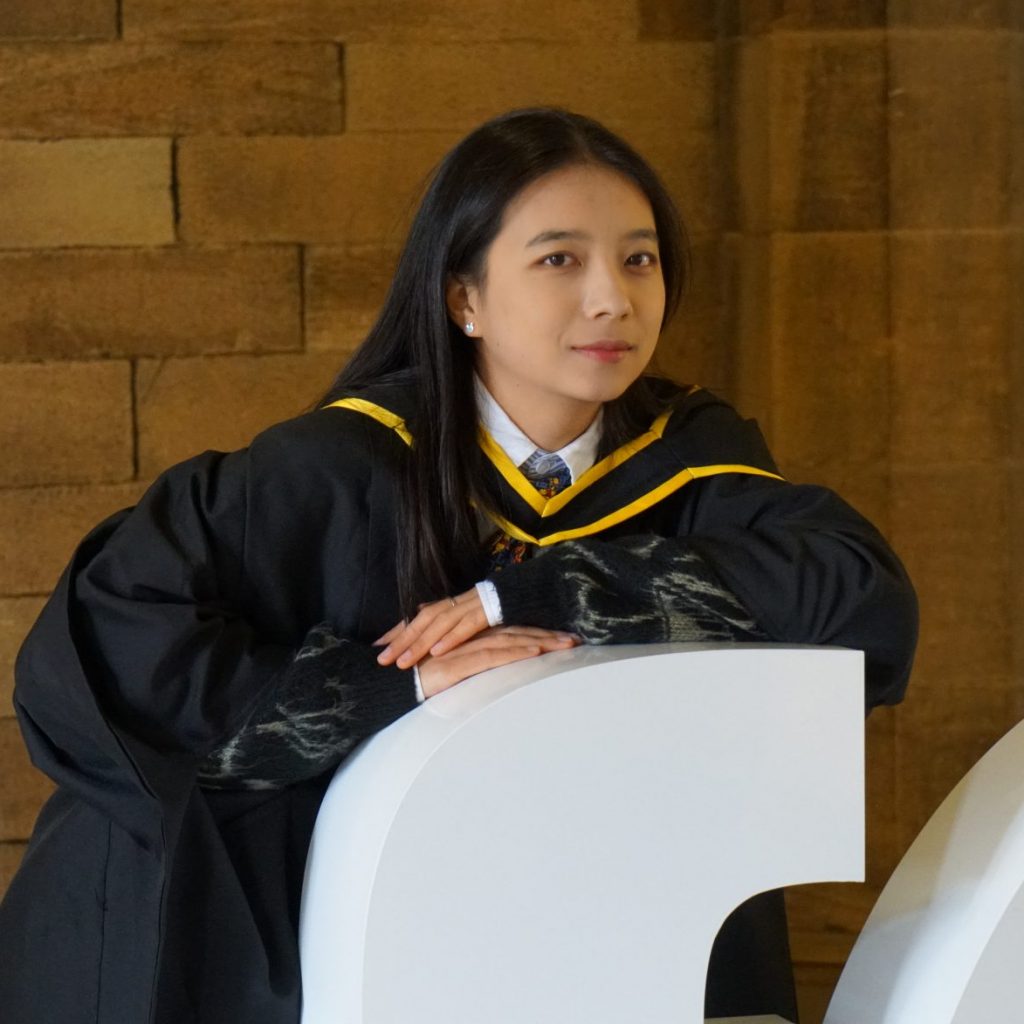Workshops
Our student-staff partnership work at the University of Westminster has been deeply influenced by Black feminist, decolonial and queer scholars and their visions of transformative pedagogical spaces within and outside of universities. We are often led by the work of bell hooks and her approach to engaged pedagogy: ‘learning and talking together, we break the notion that our experience of gaining knowledge is private, individualistic, and competitive. By choosing and fostering dialogue, we engage mutually in a learning partnership’ (2010). To honour the collective knowledge and wisdom of hooks and other scholars whose work propels us toward social justice we have approached this roundtable as an opportunity to learn together, not just by listening and learning from others’ experiences, theorising and research, but also through workshops.
On the programme you will see that there are lots of different workshops throughout the three days. Some of these are workshops that we commissioned to ensure that there would be spaces for collective learning. Below you will find information about the workshops that we have commissioned along with information about the workshop facilitators. In the roundtable programme, you will also find information about these and all of the other exciting workshops we have received proposals for.
Workshops
Not Fit for Purpose: Mending for Hope
Extractivist thinking is an approach that separates resources from their original contexts, linked to colonial or capitalist exploitation, and describes the exploitation of people, land, and cultures. Extractivist approaches underpin the university, seeing knowledge as a resource to be mined and exploited, objectifies people and ecosystems as sources of data and imposes western frameworks on all forms of knowing: this approach is not fit for purpose.
Instead we need alternatives approaches, ones that resist the colonial harms that dominate the university and educational processes. To explore these themes, this workshop will use everyday fashion mending techniques rooted in home dressmaking and ancestral knowledges systems that embody anti- racist, non-elitist, and non-heteronormative concepts with the hope of mending garments as a way to discuss mending the university: we will ask how these approaches work towards reciprocal, respectful knowledge sharing that centres local and embodied knowledge systems?
Please bring an item of clothing that is no longer fit for purpose that you would like to mend: stained, ripped, too small, too big, full of holes, moth eaten, worn out, or something that you no longer wear. You will be shown some simple sewing techniques for patching and mending. You will be provided with needles, threads and fabric patches and hopefully will be able to take home a mended garment, anew with hope!
Facilitator: Tanveer Ahmed (UAL, Central Saint Martins)
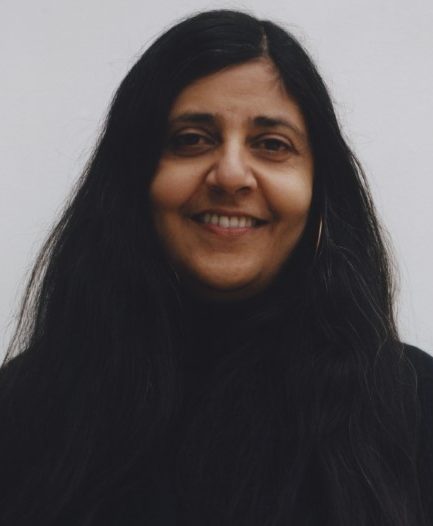
Tanveer (she/her) is Senior Lecturer in Fashion and Race at Central Saint Martins. Her research recognises the urgent need to explore alternative justice-oriented forms of fashion design by centring plural fashion narratives inspired by anti-colonial concepts of fashion. Working in the emerging academic field of decolonial fashion has led to Tanveer writing key decolonising fashion modules in the UK at The Royal College of Art and Central Saint Martins and internationally, for The American University of Paris. Tanveer has also been invited to guest lecture on decolonial design at universities in the UK, The Netherlands, Germany, France and Switzerland. Tanveer’s publications have contributed to the growing body of literature that aims to decolonise the Eurocentric canon of fashion and recent publications include ‘bell hooks: The Joys of Cultural Differences and Racial Justice in Fashion’ in Thinking Through Fashion, (eds Rocamora and Smelik, Bloomsbury 2005)
Critical intersections: Principles and values in social justice and partnership work
Approaches to partnership and social justice work mandate both students and staff to be cognisant of the principles and values that shape who they are in order to produce authentic and ethical outcomes. In this workshop, Maisha will explore with participants the critical intersections of positionality, theory and the current socio-political climate which invariably shape the context of partnership work but also the systemic factors which both threaten and strengthen the need for equity-based approaches in higher education.
Facilitator: Maisha Islam (University of Southampton)
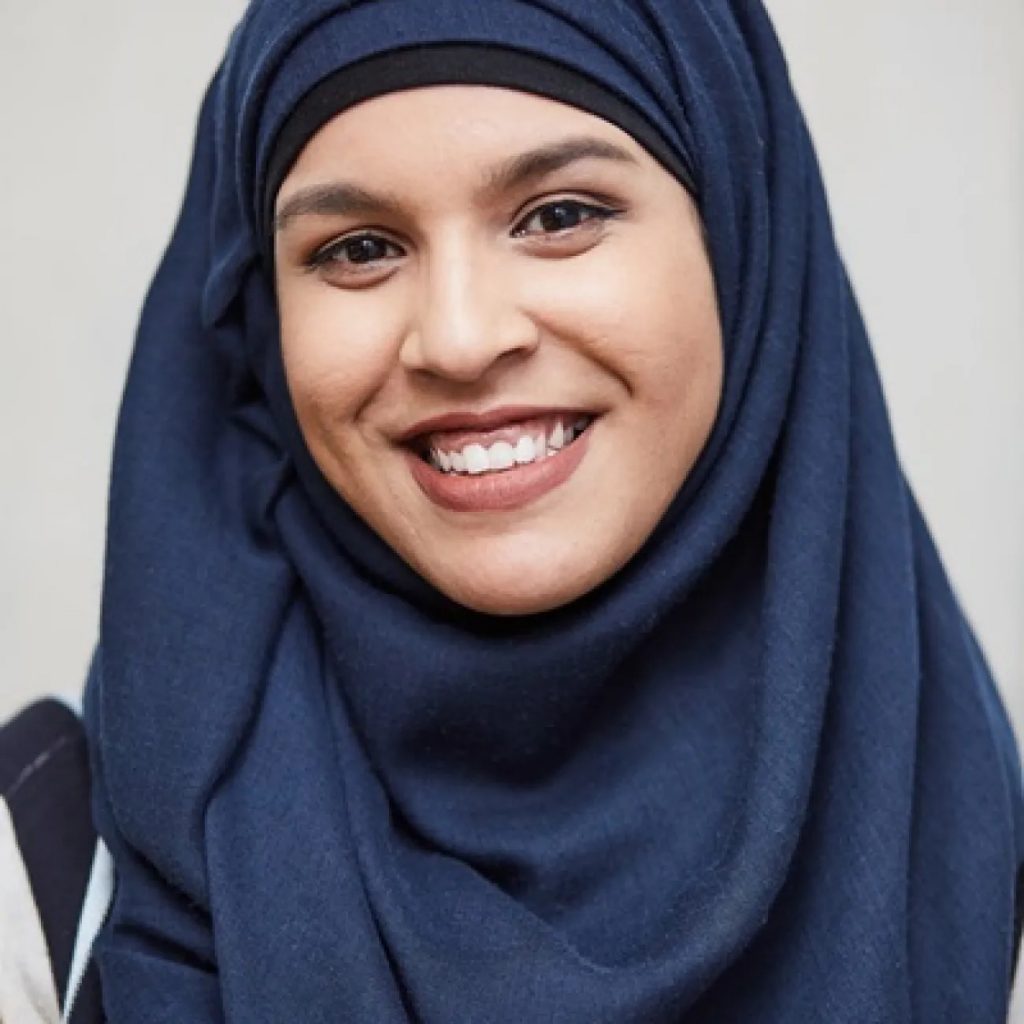
MaahlGa Sdiihlga GawGa – “Returning Missing Seeds”: Reclaiming Indigenous Power Structures
This session provides an overview of Indigenous power structures and their barriers aimed at revitalization, reclamation, and reconciliation. Topics covered will include: Rematriation, decolonization, Indigenization, intergenerational trauma, biological warfare, and forced relocation. Much of these knowledges are tied to Indigenous lands on Turtle Island (colonially-called Canada) but are fluid, flexible, and adaptable by expanding to lands impacted by colonialism, white supremacy, and eco-terrorism. Centralizing relationality and understanding the colonial hi/stories of the lands we are situated on is a starting point to support the reclamation of Indigenous power structures.
Facilitator: Yahlnaaw
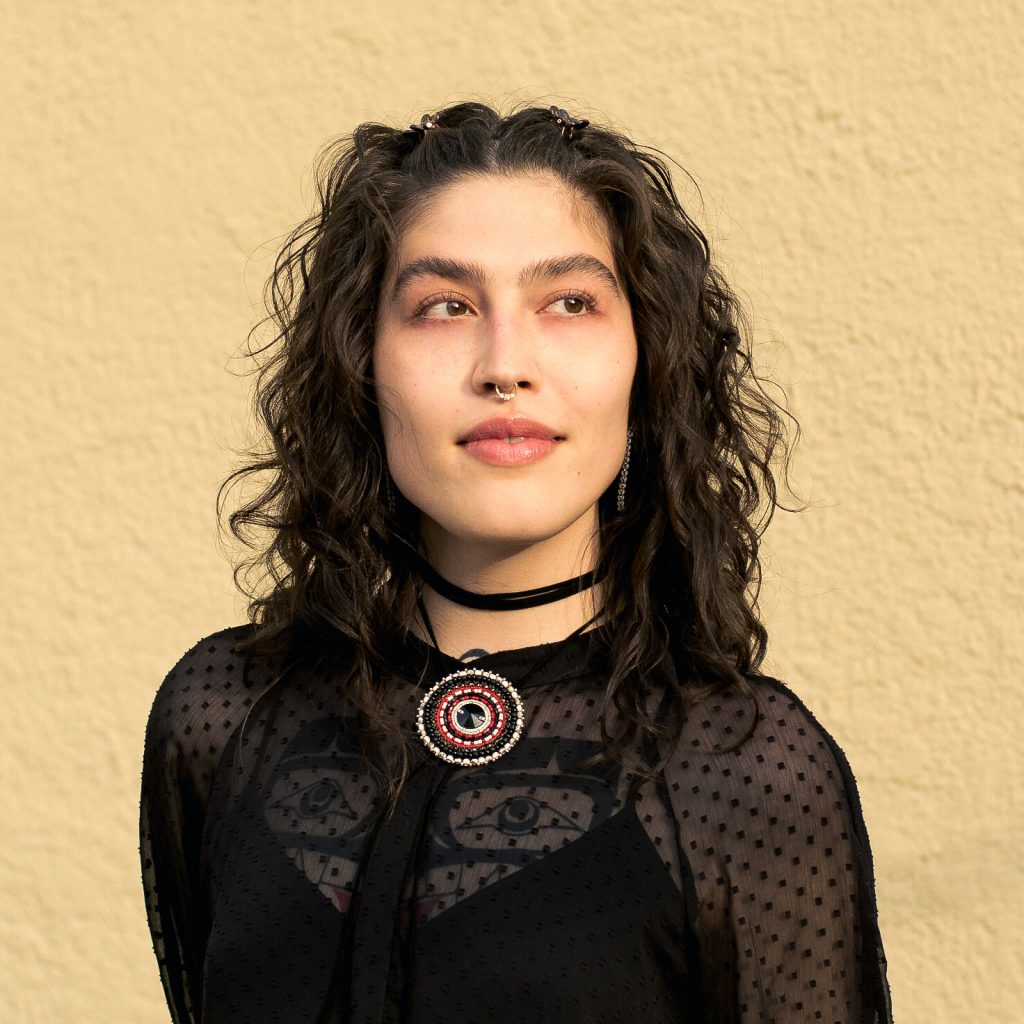
“Hello! Wonderful people! My name is Yahlnaaw and I am from Skidegate, Haida Gwaii. I have the privilege of currently feeling a sense of home between Treaty 1 (colonially called Winnipeg, MB, Canada) and LƏK̓ʷƏŊƏN (colonially called Victoria, BC, Canada) lands”. I am Indigenous, queer, and transgender which often feels like being pulled into many intersecting worlds. I hold my identities, lived experiences, and relationships closely because I believe these forces shape and (re)direct my living and learning journey.
I am currently the Founder and Lead Consultant at Taajuu Consulting – an Indigenous, 2SLGBTQIA+, and anti-oppression consulting company alongside holding the position of Indigenous Rights and Anti-Racism officer for the Equity and Human Rights office at the University of Victoria.
Dreaming Alternatives for Western Neoliberal Academia with Delso Batista
“O sonho fecunda a vida e vinga a morte”
“Dreams fertilize life and avenge the death” –
Conceição Evaristo.
Decolonial dreaming fundamentally transforms exclusionary and hierarchical practices in spaces like the Western neoliberal university. It involves a practice of participatory dialogue and collective reimagination, creating alternative ways of being and relating. Rooted in ancestral knowledge, decolonial dreaming connects the past, present, and future through storytelling, art, reciprocity, and song. As an essential step in decolonisation, dreaming creates opportunities for dialogue and new social possibilities. The practice of communal dreaming encourages resistance to colonial legacies, bridging human experiences and contributing to envisioning alternatives for social interaction. Decolonial dreaming fosters collective engagement and commitment to action toward change. Recognising the decolonial project as an ongoing endeavour in the face of coloniality, dreaming plays a crucial role in reimagining and envisioning change in spaces like academia. Objectives: This workshop invites students, faculty, and staff to collectively reimagine university spaces by challenging oppressive practices and envisioning new possibilities. Through the practice of a dreaming council, participants can share stories about the future of higher education. Methods: The proposed activities consist of the practice of social dreaming through the council, the practice of people gathering to share stories, listen deeply, and speak from the heart. It involves active listening that promotes collective envisioning and reimagination and cultivates humanisation and connection among participants. Expected outcomes: 1) Develop a collective understanding of decolonial dreaming through discussion and reflection on key theories. 2) Engage in a Dreaming Council to explore the past, present, and future of neoliberal universities, using storytelling, dialogue and imagination to create a collective dreaming.
Facilitator: Delso Batista
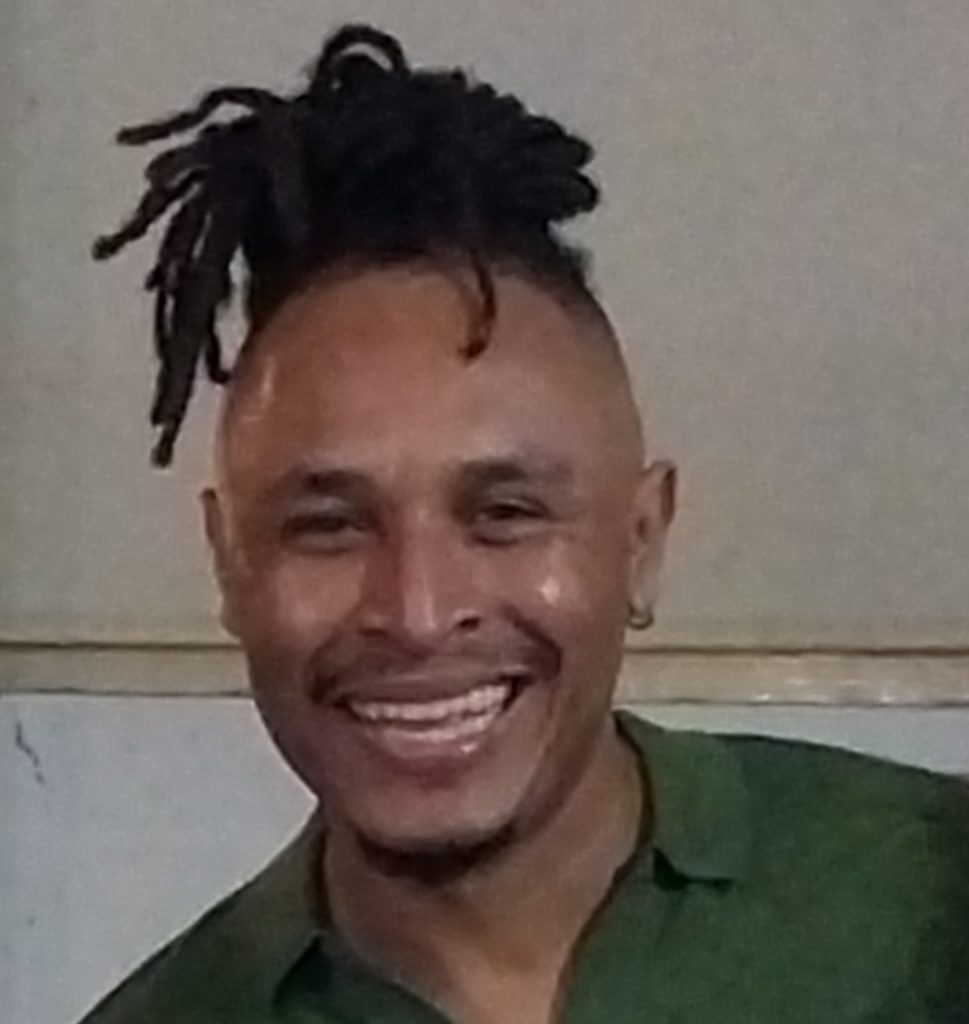
Click, share, change: Social media for social justice and building partnerships with the University of Westminster Student Partnership Ambassadors
Social media has become a powerful tool for activism, shaping conversations around justice, equality, and change. Movements like #BlackLivesMatter and #MeToo have shown how digital platforms can bring attention to racial injustice, gender inequality, and other systemic issues, sparking widespread discussions and even influencing policy. But while social media can amplify marginalised voices and drive movements forward, it also reinforces bias and misinformation through algorithms and digital inequalities. This workshop dives into how students and staff can use digital platforms to support social justice and build meaningful partnerships.
Participants will engage in interactive discussions and hands-on activities that explore the role of social media in advocacy and community engagement. Whether you’re just starting out or looking to deepen your understanding, this workshop will offer both theoretical and practical insights to help you understand and use digital platforms more effectively.
Facilitators: Student Partnership Ambassadors
